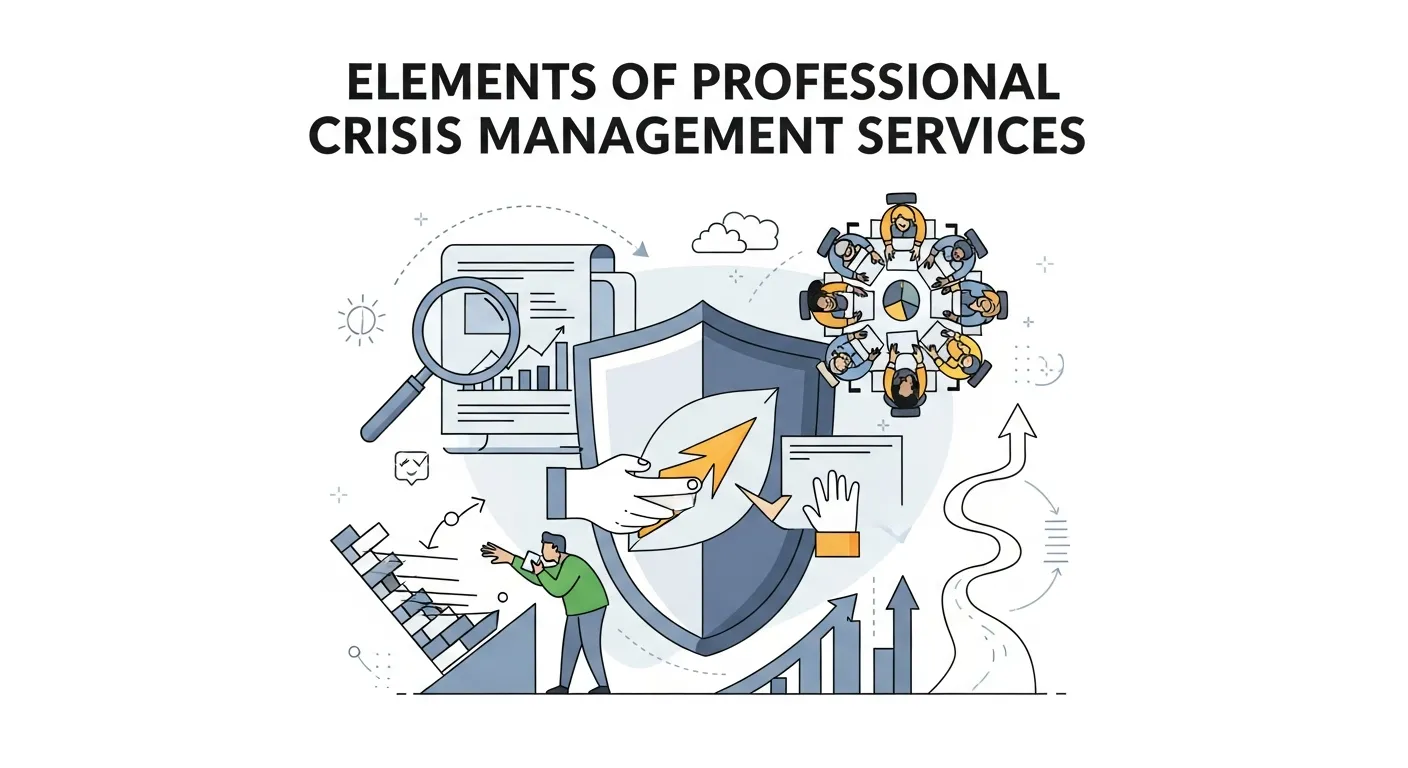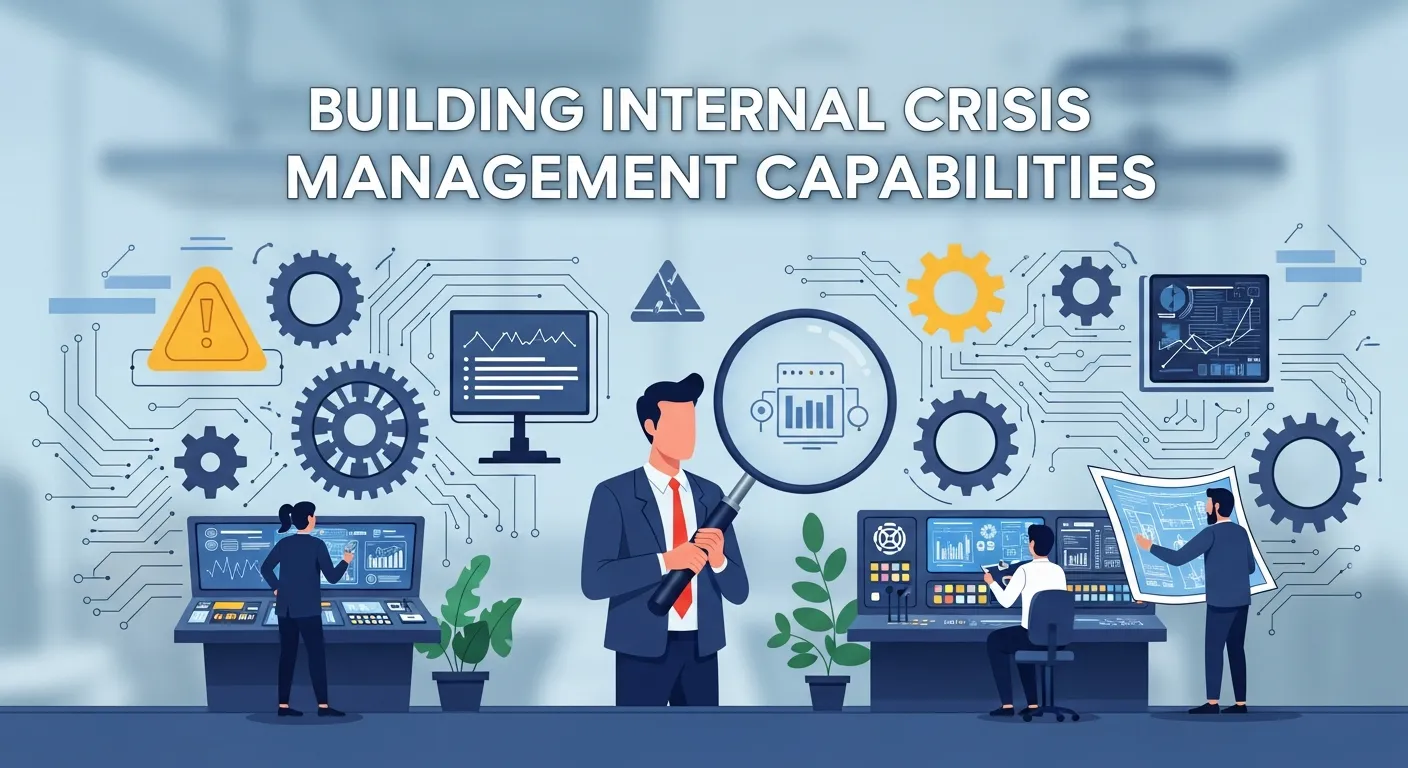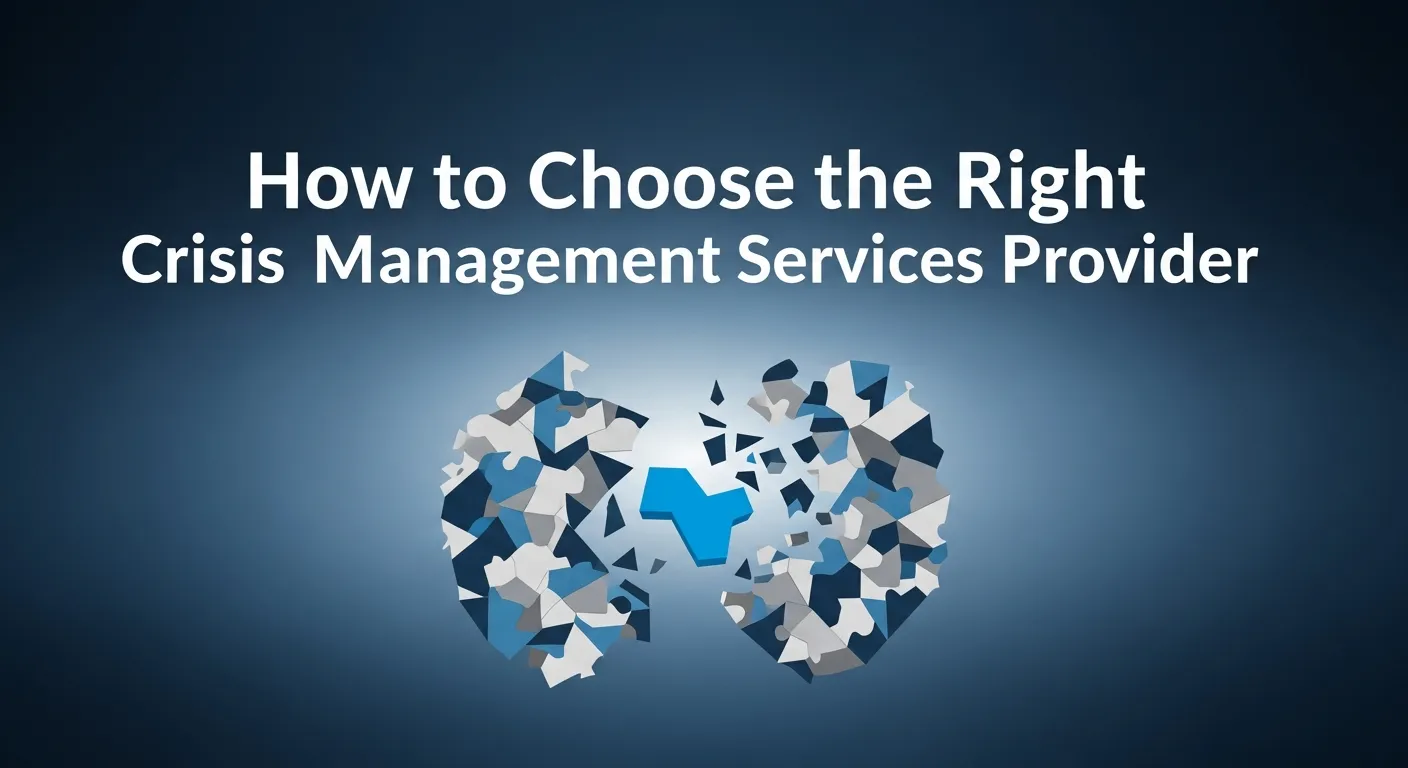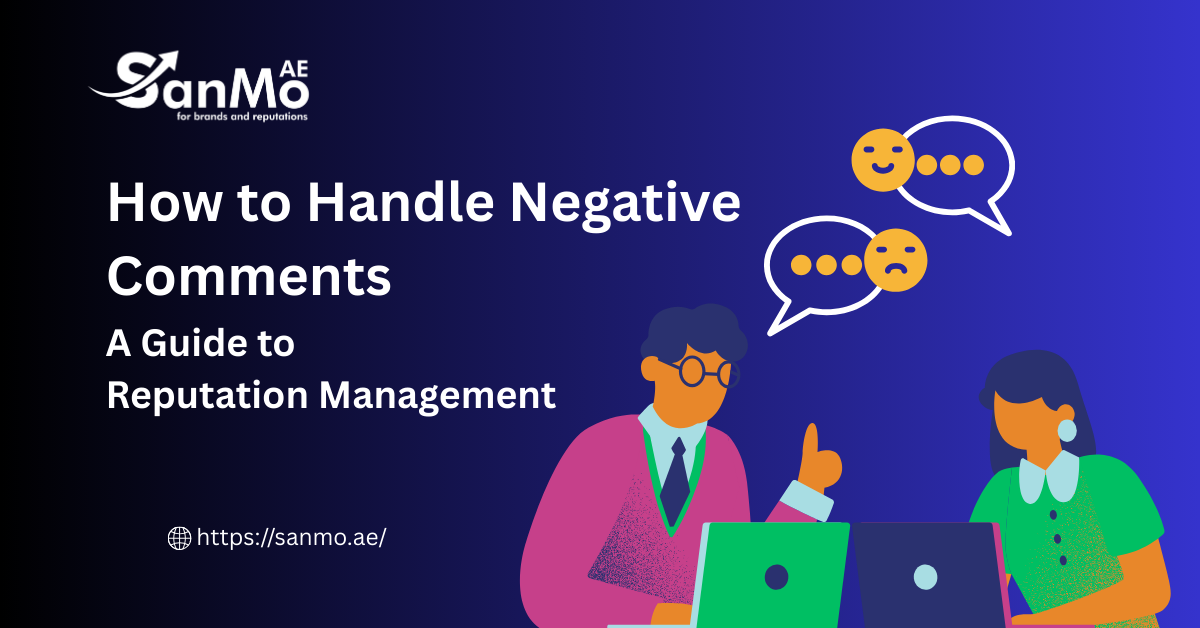The difference between a company that survives and one that fails during a disaster frequently boils down to preparation. Crisis Management Services offers the roadmap and expertise to help organizations survive choppy waters.
From natural disasters to cyber attacks, from bad PR to financial nightmare, it’s true, a crisis can swoop in from anywhere, anytime, and threaten all you’ve built. The question is not if your business will experience a crisis — it’s whether you will be prepared when it hits.
This in-depth guide walks through how professional crisis management services can safeguard your business, what to look for in a provider, and how to infuse resilience into your organization’s DNA.
What Are Crisis Management Services?
Crisis Management Services are specialized solutions designed to help businesses anticipate, respond to, and recover from unexpected events that could disrupt operations. A contingency crisis consulting firm — hereafter referred to as a crisis firm — is a professional service provider that assists organizations in creating comprehensive plans to manage emergencies. These firms offer strategic guidance, operational support, and communication strategies that minimize the impact of crises and accelerate recovery.
Unlike basic emergency planning, professional Crisis Management Services involve detailed risk analysis, scenario simulations, stakeholder communication strategies, and real-time coordination. The ultimate goal is to keep your business running smoothly while protecting your brand, employees, and profits from potential threats.
Types of Crises Businesses Face
Businesses face a wide range of potential crises, and effective Crisis Management Services address all of them:
- Operational Breakdowns: Equipment failures, supply chain disruptions, workplace accidents, or system outages can halt business operations. Crisis management professionals develop contingency plans to reduce downtime and maintain operational efficiency.
- Financial Troubles: Sudden financial shocks, such as fraud, market downturns, or unexpected liabilities, can jeopardize cash flow. Crisis management strategies help businesses stabilize finances and maintain investor confidence.
- Reputational Crises: Negative media coverage, social media attacks, customer complaints, or ethical challenges can damage brand trust. Crisis communication plans are critical to protecting your reputation.
- Acts of God: Natural disasters such as earthquakes, floods, or hurricanes can impact facilities and operations. Crisis management services ensure business continuity even in difficult situations.
- Cyber Incidents: Data breaches, ransomware attacks, or system compromises can expose sensitive information. Crisis management providers implement cybersecurity protocols and response plans to safeguard your digital assets.
- Legal and Regulatory Challenges: Lawsuits, regulatory violations, or non-compliance issues create legal exposure. Crisis management teams help businesses navigate these challenges effectively.
By preparing for these scenarios in advance, Crisis Management Services transform potential disasters into manageable events, reducing risks and downtime.
Elements of Professional Crisis Management Services

Professional Crisis Management Services are comprehensive and include several key components:
Risk Assessment and Planning
A thorough risk assessment is the foundation of any crisis management strategy. Professionals evaluate your business model, identify vulnerabilities, and create customized response plans for a variety of scenarios. This ensures that your organization is ready for any disruption, from minor operational hiccups to major catastrophes.
Crisis Communication Strategy
Effective communication can make or break a response. Crisis management services help businesses craft clear, timely, and accurate communication plans for internal teams, stakeholders, and the public. This includes engaging with PR firms if needed to maintain trust and protect brand reputation during high-pressure situations.
Emergency Response Coordination
During an active crisis, real-time coordination is critical. Crisis management services mobilize response teams, liaise with emergency services, manage logistics, and enforce safety protocols. This ensures swift action that minimizes damage and maintains control over the situation.
Business Continuity Planning
Crisis Management Services go beyond immediate response. They include strategies for post-crisis recovery, creating redundancies, and ensuring that critical business functions continue with minimal interruption. By preparing for both short-term disruptions and long-term recovery, businesses reduce downtime and protect revenue streams.
Advantages of Professional Crisis Management Help
Professional crisis management services provide businesses with critical support during emergencies, ensuring rapid, effective, and structured responses. Key advantages include:
1. Faster Response Times
When a crisis occurs, every minute counts. Professional crisis management services provide immediate access to experts who can assess, coordinate, and act within hours rather than days. Quick response times reduce operational disruptions, mitigate financial losses, and prevent escalation of reputational damage.
2. Expertise and Experience
Crisis management specialists bring years of hands-on experience across industries. They understand the dynamics of different types of crises—whether operational, financial, reputational, or cyber-related. Their expertise ensures that businesses are guided by best practices, not guesswork, increasing the chances of a successful resolution.
3. Objective Perspective
During crises, emotions can cloud decision-making. Professional crisis management services provide an objective, rational perspective that allows organizations to make clear-headed decisions. This external insight ensures that critical choices prioritize long-term recovery and strategic outcomes over short-term reactions.
4. Resource Mobilization
A well-connected crisis management firm can quickly mobilize the right personnel, technology, and external vendors to assist. Whether it’s emergency services, PR consultants, cybersecurity experts, or logistics providers, professional crisis management services leverage extensive networks to ensure businesses get the help they need promptly.
Selecting an Appropriate Crisis Management Service Provider
Choosing the right provider is critical to maximizing the benefits of crisis management services. Consider the following factors:
1. Industry Experience
Look for crisis management services providers with experience in your specific industry. They are more likely to anticipate common risks, understand regulatory requirements, and implement solutions tailored to your business.
2. Service Scope
Evaluate whether the provider offers comprehensive crisis management services—including planning, communication, response, and recovery—or if they specialize in niche areas. Full-service providers can offer end-to-end support, reducing the need for multiple vendors.
3. Response Capabilities
Assess the provider’s ability to respond quickly and effectively. High-quality crisis management services should demonstrate rapid deployment, structured response plans, and access to a dedicated response team.
4. Technology and Tools
Modern crisis management relies heavily on technology for real-time communication, monitoring, and coordination. Choose providers who utilize advanced tools for crisis simulations, incident tracking, and stakeholder notifications.
Building Internal Crisis Management Capabilities

Even when engaging external professionals, businesses should strengthen internal crisis management capabilities to complement professional services:
1. Training and Awareness
Regular crisis simulations, drills, and training programs ensure that internal teams know their roles during emergencies. Crisis management services often provide training sessions to improve internal readiness.
2. Documentation and Procedures
Well-documented emergency procedures create consistency and efficiency in responses. Crisis management services help develop playbooks, checklists, and workflows that can be referenced under pressure, reducing errors and delays.
3. Communication Systems
Reliable communication systems are crucial for coordinating responses, keeping stakeholders informed, and ensuring continuity. Professional crisis management services advise on or implement these systems to maintain clear and timely communication during emergencies.
How to Choose the Right Crisis Management Services Provider

Selecting the right partner is critical to ensure your business is prepared for any disruption. Not all Crisis Management Services providers offer the same expertise or resources, so evaluating providers carefully is key. Consider the following factors when choosing a service provider like SanMo AE:
- Industry Experience: Look for a provider with proven experience in your sector. Different industries face unique operational and regulatory risks, and specialized expertise ensures tailored solutions.
- Service Scope: Some providers focus on niche services (like cyber crises), while others, like SanMo AE, offer end-to-end crisis management, including risk assessment, emergency coordination, and business continuity.
- Response Capabilities: Evaluate how quickly the provider can mobilize resources and provide real-time support during emergencies.
- Technology and Tools: Modern crisis management relies heavily on digital tools for monitoring, communication, and coordination. A provider with advanced technology ensures faster and more efficient responses.
- Reputation and References: Ask for case studies or client references to understand how the provider has successfully managed crises in the past.
Choosing the right provider ensures your business is not just reacting but strategically prepared for potential crises.
Building a Culture of Resilience Within Your Organization
Effective Crisis Management Services are not just about external support — building internal capabilities is equally important. A resilient organization can respond faster, recover sooner, and maintain confidence among employees, customers, and stakeholders. Key steps to build resilience include:
- Regular Training and Simulations: Conducting drills and scenario-based exercises ensures your team knows how to act under pressure.
- Clear Documentation and Procedures: Having step-by-step crisis protocols reduces confusion during emergencies and ensures consistent responses.
- Effective Communication Systems: Establishing reliable communication channels keeps internal teams, stakeholders, and customers informed during crises.
- Empowering Employees: Encourage decision-making and accountability at all levels to enable quick, effective action.
- Continuous Improvement: After every crisis or simulation, review outcomes and update plans to address any gaps.
By combining professional Crisis Management Services from experts like SanMo AE with internal preparedness, businesses can create a culture of resilience that protects operations, strengthens reputation, and ensures long-term success.
The Price of Being Without a Crisis Management Service
Operating without professional crisis management services can be extremely costly. Businesses that are unprepared face:
- Longer recovery times
- Higher financial losses
- Greater reputational damage
- Operational disruptions that could have been prevented
Research shows that companies with structured crisis management strategies recover faster, protect their brand image, and mitigate financial impact more effectively than unprepared organizations.
Elevating Crisis Management to a Strategic Level
Crisis management should not be reactive or ad hoc—it should be integrated into the strategic planning of an organization.
Professional crisis management services emphasize a proactive approach:
- Periodically testing and revising crisis plans
- Leveraging both internal and external resources
- Aligning crisis response with broader business continuity strategies
By making crisis management a strategic priority, businesses can not only survive disruptions but also emerge more resilient, adaptable, and prepared for future challenges.
Take Action Today: Protect Your Business with SanMo AE
Don’t wait for a crisis to test your organization. With SanMo AE’s Crisis Management Services, you can proactively safeguard your business, employees, and reputation. Our team of experts provides end-to-end support — from risk assessment and emergency coordination to business continuity planning — ensuring your company can withstand any disruption.
Why choose SanMo AE?
- Industry-proven expertise in handling all types of crises
- Rapid response and resource mobilization when every second counts
- Customized plans tailored to your business needs
Secure your business’s future now. Contact SanMo AE today to start building a resilient organization that thrives even in the toughest situations.
Frequently Asked Questions (FAQ) About Crisis Management Services
1. What are Crisis Management Services?
Crisis Management Services are professional solutions that help businesses anticipate, respond to, and recover from unexpected events or emergencies. These services include risk assessment, crisis communication, emergency response coordination, and business continuity planning. SanMo AE provides end-to-end crisis management solutions tailored to your organization’s needs.
2. Why does my business need Crisis Management Services?
Crises can strike at any time — from natural disasters and cyberattacks to financial shocks and reputational damage. Without a structured plan, businesses risk operational downtime, financial loss, and reputational harm. Crisis Management Services ensure your business can respond quickly, protect employees, and maintain operations during disruptions.
3. What types of crises do these services cover?
Professional Crisis Management Services handle a wide range of scenarios, including:
- Operational breakdowns (equipment failure, supply chain disruption)
- Financial troubles (fraud, cash flow issues)
- Reputational crises (negative media coverage, social media backlash)
- Acts of God (earthquakes, floods, hurricanes)
- Cyber incidents (data breaches, ransomware attacks)
- Legal and regulatory challenges
4. How can SanMo AE help with crisis communication?
During a crisis, clear communication is essential. SanMo AE develops communication strategies for internal teams, stakeholders, and the public. This includes preparing statements, managing media interactions, and ensuring consistent messaging to protect your brand’s reputation.
5. What is included in business continuity planning?
Business continuity planning ensures your critical operations continue during and after a crisis. SanMo AE helps create contingency plans, redundancy measures, and recovery strategies to minimize downtime and maintain revenue streams.
6. How quickly can SanMo AE respond in a crisis?
Time is critical during emergencies. SanMo AE’s Crisis Management Services provide rapid response support, leveraging expert teams and resources to handle situations efficiently and reduce potential damage.
7. How do I get started with Crisis Management Services?
Getting started is simple. Contact SanMo AE to schedule a consultation. Our team will assess your business’s risks, design a customized crisis management plan, and provide ongoing support to strengthen your organization’s resilience.
8. How do crisis management services improve response times?
Professional services maintain dedicated teams and pre-established protocols, allowing them to respond within hours, not days. Faster responses reduce operational disruptions, protect reputation, and limit financial losses.
9. What role does technology play in crisis management?
Modern crisis management services use advanced communication, monitoring, and coordination tools. These include real-time alerts, incident tracking, and collaboration platforms that ensure accurate and timely decision-making during emergencies.
10. How can businesses integrate crisis management into their overall strategy?
Crisis management should be proactive and strategic, not just reactive. Companies can combine internal preparedness (training, documentation, communication systems) with external professional services. Regularly testing and updating crisis plans ensures organizations are resilient and ready for future disruptions.







